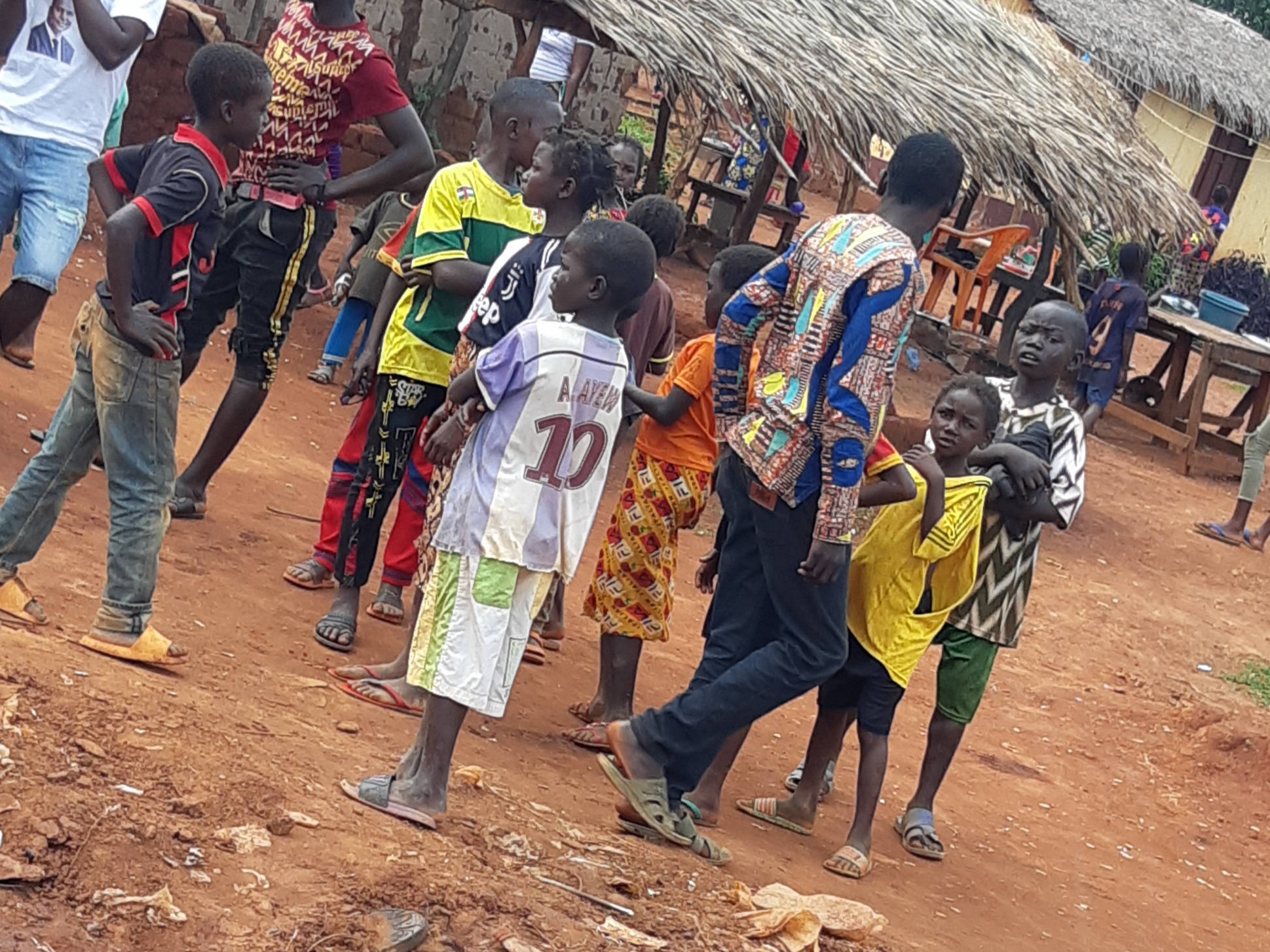
Overview
The PhD Programme in Boosting Peacekeeping Operations Impact is a unique academic platform, bringing seasoned professionals, scholars, and practitioners who have participated in diplomatic or in-country peace operations environments from all corners of the world to interact with PhD candidates. UPEACE’s aim in this Programme is to form PhD candidates to improve the impact of peacekeeping operations by exposing them to different global, regional, and local political issues related to peacekeeping operations and field-related practical problems, challenges, and opportunities. The University is keen to ensure that candidates understand the link between security and governance, thus facilitating their engagement in developing their thesis dissertation on the nexus between peace and sustainable development.
However, UPEACE recognizes that peacekeeping is a challenging endeavor necessitating continuous reform and adaptation to meet the evolving nature of international relations and national development.